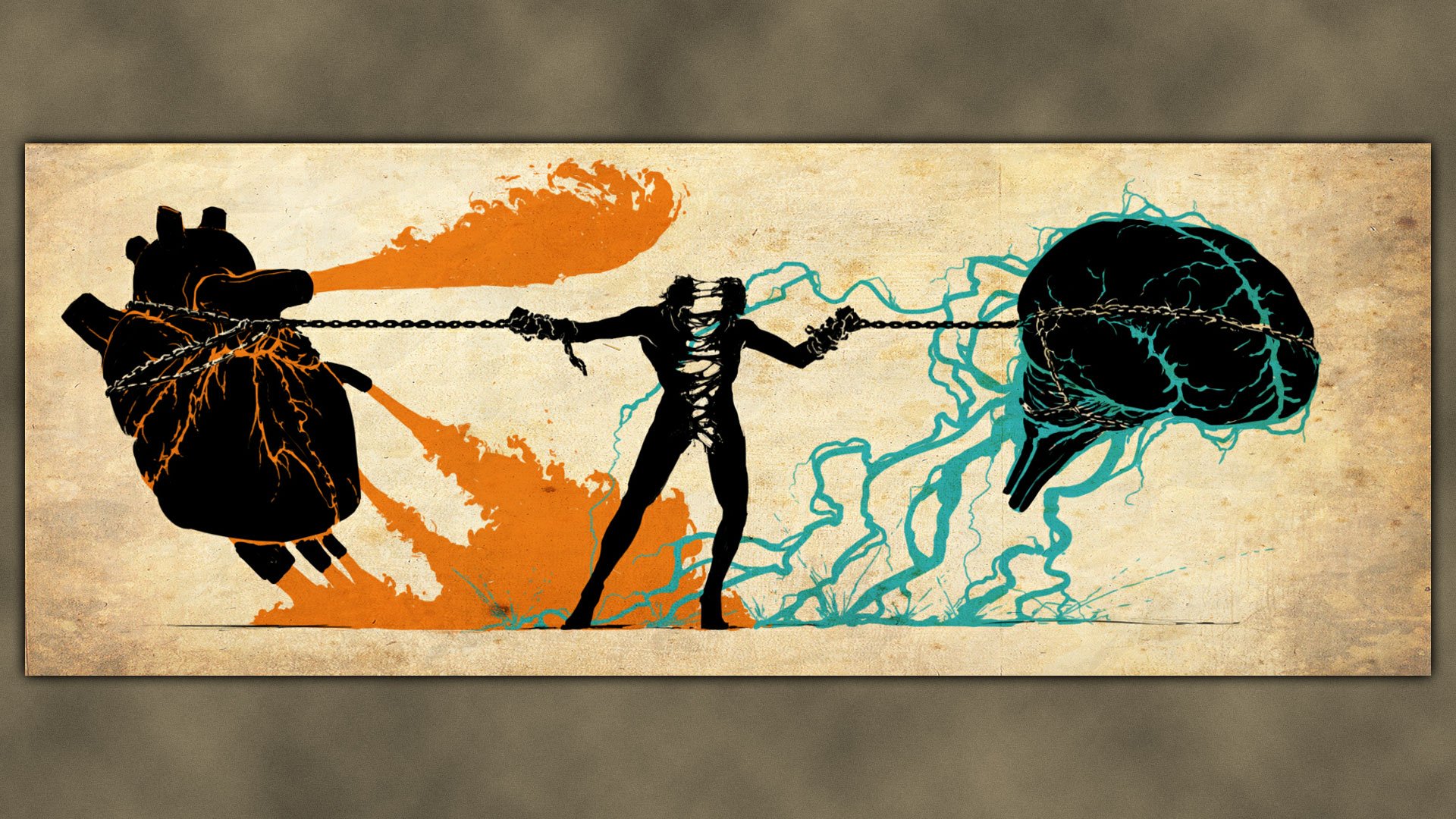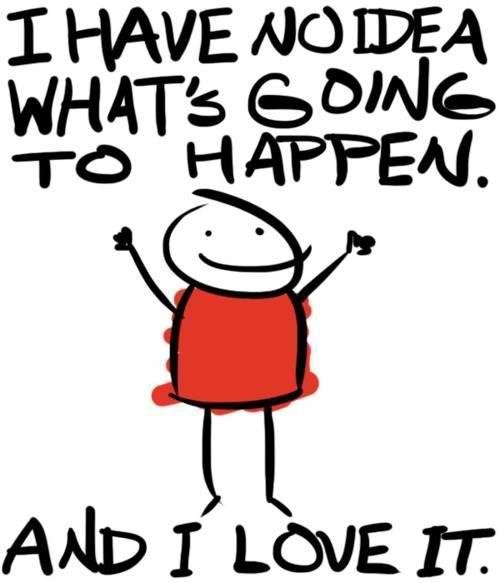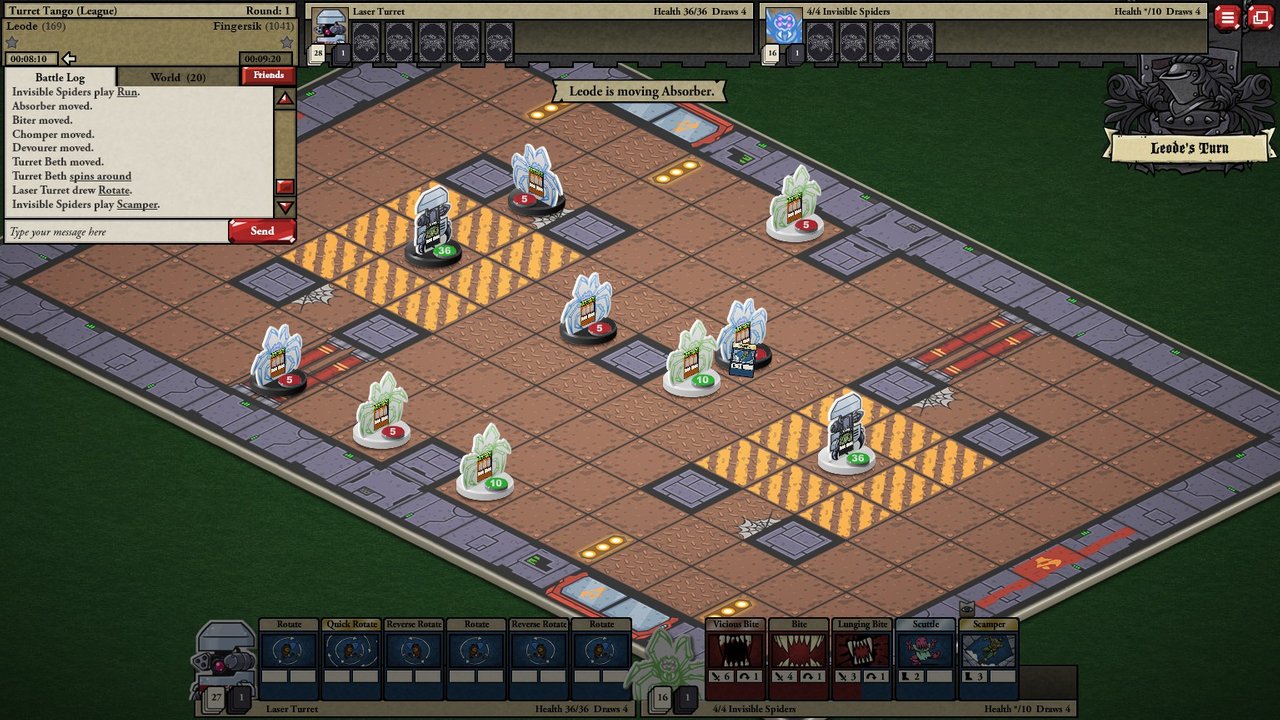Basically everyone I personally know (outside of my family) says that I always smile and that they can’t even visualize me being sad. Let me share the story of supposedly ever-happy nobody. This isn’t my usual metaphysics talk, but since the topic is generally very important I decided to implement it into my series. I deem the topic as very important because of the fact, that everywhere I turn my eyes, I see sad, angry, or not satisfied people. When I accidently happen to join the same interaction, those people usually do not understand how I can be so happy all the time, they just think I’m on drugs, but there is more to that…

Previous articles from the series
- Truth
- Life Pillars
- Everything is Scale
- Sadness
What is sadness anyway?
One needs to know the enemy before he chooses to fight it right? For me it is purely a state of mind. I guess that biology is on my side about this right? Just a lack of a bunch of chemicals in brain causing you to feel like shit. Whether you enter the state when the brain does not create the chemical is often times entirely up to you, therefore it should be state of mind.
Every outcome of any source is deemed either positively, neutrally, or negatively by any given person. What I mean by that is that there is “desired” outcome of any event (positive outcome), outcome that is bearable (neutral) and then there is the outcome that is just bad for any reason (negative). When the negative outcome occurs, brain doesn’t produce sufficient amount of the ”happy hormones” (Dopamine, Serotonin, etc.) causing you to feel like shit. This is not a perfect biological explanation lol, if anyone feels like adding some real biological facts feel free to do so in the comments!
How to deal with sadness
Step 1: Mind hygiene
Do you know what it is that you want? I wouldn’t be surprised if the answer was no and there is nothing to be ashamed of. It’s one of the hardest things one can realize about oneself. At the same time it is the most important one.
As I said, there is always positive/neutral/negative outcome. The problem is that sometimes person doesn’t even know what he wants, therefore is not aware of what is the positive/neutral/negative outcome for him. When this is the case, the event happens, and the mood then feels like a roll of a dice a bit.
There are countless ways how to execute a proper mind hygiene. There is no “guaranteed way” how to do it too. Every individual is unique.
Meditation is a great tool for everyone. One really should not underestimate the power of calming one’s brain down. I’m that type of guy who thinks basically about everything. Even I have to admit though that sometimes it’s very important to just chill and relax the brain. Actually it’s quite an exhausting activity at first. Brain isn’t really used to the “do not think” state (at least my wasn’t), and it took me good few months before I started to feel comfortable doing it.

Everyone has to find his individual way to the “comfortable meditation”. Forcing myself to regular meditations didn’t work for in my case. I realized quite some time before I actually started meditating that it would be beneficial to me. Still for several months even after the realization I didn’t start meditating. And now I actually again meditate much less than I used to. I’m no pro by any means but I do sense when my brain needs the break. Meditating at right moments did wonders to my mood.
Step 2: Stop expecting positive outcomes
After getting to know ourselves better it’s time to make peace with reality as it happens. I’m not going to lie, this is by far the hardest step of them all, but also probably the most important one. I guess that everyone can relate to the several hours of brainstorming about all the possibilities that could happen in an upcoming interaction (be it a date, job interview, etc.). The end is always the same, you come up with the perfect ending and your planned actions are supposed to take you there. The problem though is that not everything in the world is under your direct influence and sometimes no matter what you do, the end result is not what you’ve expected. The greater the difference between your dreamed up result and the actual one, the bigger sadness appears.
Tomorrow I have read an article about [how important narrating the goal is]. That made me think about the expectations from different perspective. It requires immense willpower to be able to narrate a goal (to know what it is you want and go for it), but at the same time not expecting it to happen.

Not expecting negative events is one of the threats to your well being. Sometimes shit happens and nothing in the world could have prepared you for it. Not expecting it doesn’t really help because you didn’t expect in the first place. When this happens one just has to “set up the shields”. The following steps are there to let you know what my shields are. Let’s jump straight to them.
Step 3: Brain stimulation
Brain stimulation is very useful tool. It can be used in advance to avoid the sadness, or even when you already are affected by the sadness, to get rid of it. There are limitless possibilities how to stimulate the brain, and in fact, everyone needs different stimuli. Im going to share my favourite brain stimulations that always work for me. Keep in mind thought that what works for me doesn’t have to work for you. Spend your time, do your inner research and find out what “your brain likes”.
Music
I need my weekly doses of music. When I need to wake up early, when I’m angry, or sad, when I have to do anything that I don’t want to do, music is always playing. I have specific genres for specific situations. Again you would need to find what works for you. I’d only recommend opting for genres with positive sound.
Gaming
As I said, most of the time I need to think about something. When the brain worked the whole day, or simply is not in the perfect mood I tend to play hard-core turn-based strategies. If I want to succeed there, I need to dive fully into the game, otherwise I would be utterly destroyed. That kind of concentration is though different from the “doing the job”, or “doing the things you don’t like”. There is a set of rules that you need to learn and think within the borders of those rules. No matter how exhausted the brain is, it almost always is ready to think only within those borders of the games.

Step 4: Body stimulation
Since almost all the free time at home is spent on PC, my body tends to “rot” when I overuse it. Every body can take the “rotting” only for limited amount of time. When that threshold is surpassed the body starts to feel anxious and that feeling soon gets to brain too (that is my experience). Well solving this problem is the easiest one. No hard thought processing, no emptying of the brain, just moving. Do whatever you (at least a bit) enjoy doing. Muscling up, running, doing sports, going for a long walk, stretching, it all counts. Ever since I picked up Ultimate Frisbee I have to do something almost all the time. Whoever doesn’t play sports regularly will have to adjust their day plan. I guarantee that (after the initial hurting lol) your body will feel much better (and therefore you) will feel much better.

Summary
Well I shared with you everything that I gathered about sadness in past years. Keep in mind that everyone has to find his own approach. The only fact here is that sadness appears because of the lack of the “happy hormones”. Everything else is strictly subjective. If you have problems with your mood try to at least think about what I said here, and try to find what works for you. I’ll be more than happy for everyone who would share his story here. Whoever used to be sad often but fought it off, or whoever has the problems now, share your stories please:). I’ll gladly speak about it with you.

